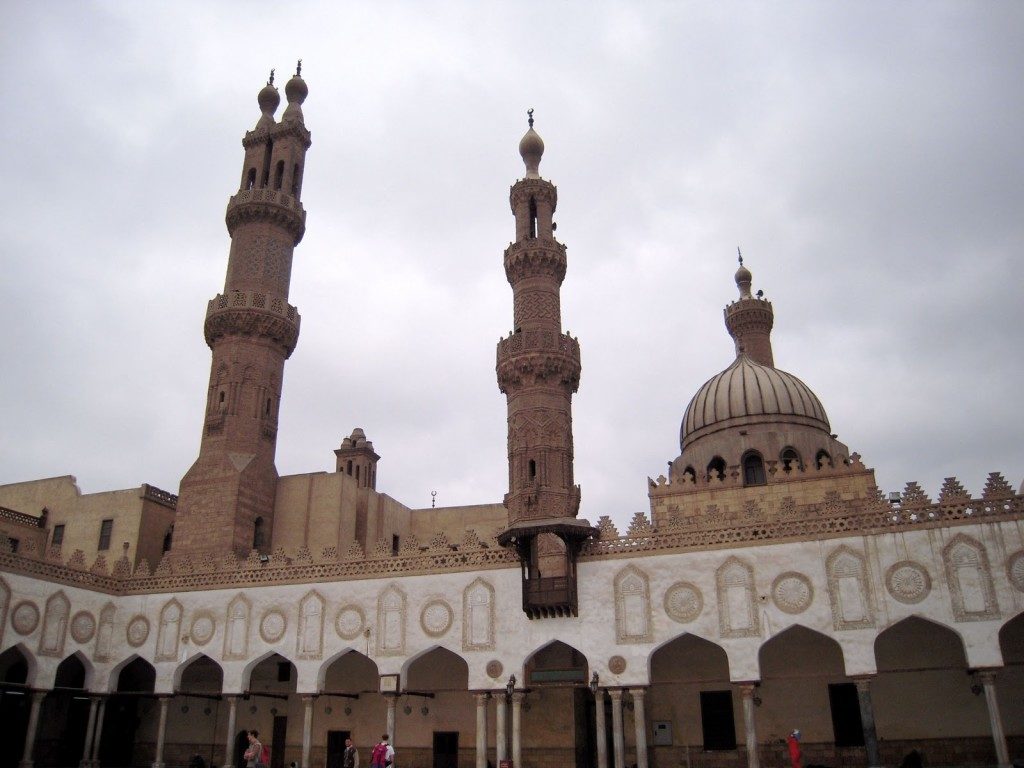In view of the upcoming Hollywood epic ‘Noah’, Al-Azhar clarifies the religious position and calls on the Egyptian authorities to ban the screening of the film in the country.
The issue concerning showing or depicting religious symbols in film, particularly the Prophets and Messengers of Allah, has once again hit the headlines around the world. In the United States of America, Hollywood’s Paramount Pictures is to release a controversial film this month with showings around the world expected for the end of March in which Prophet Nuh (upon him be peace) is depicted with the narrative based on the related biblical story. The film, titled ‘Noah’, has been directed by Darren Aronofsky and features Russell Crowe and Anthony Hopkins.
In a statement issued in Cairo on behalf of the Grand Imam Dr Ahmad al-Tayyeb Shaykh al-Azhar as well as the Supreme Council of Senior Scholars and the Islamic Research Academy, Al-Azhar has reiterated the prohibition of any act depicting, displaying or personifying the Prophets and Messengers of Allah, and the Companions of the holy Prophet Muhammad (peace be upon him), emphasising that such acts are contrary to the status of the Prophets and Messengers. These acts are a violation of the principles and fundamentals of Sacred Law and provoke the sentiments and feelings of the believers.
Al-Azhar further announced that the upcoming film, depicting the Messenger of Allah, Nuh (upon him be peace), is forbidden in Islam and is a clear violation of the principles of Sacred Law which have been stipulated in the Egyptian Constitution and Al-Azhar is the pivotal reference point concerning matters of religion.
Al-Azhar further emphasised its rejection of any use of violence as well as any attempts towards inciting violence. The Supreme Council of Senior Scholars, with all its members, reaffirms the prohibition of personifying and depicting the Prophets, the Companions and the Mothers of the Believers in film and art, and watching such depictions is sinful.
Al-Azhar also confirmed that the responsibility of preventing the screening of such films and blocking the presentation of such works does not rest with Al-Azhar and that is not its role; this is the particular role of the Ministries of Media and Communication, and of Culture and Arts. Al-Azhar has formally and officially written to the Ministries in this regard.
The film ‘Noah’ has already been banned in Qatar, Bahrain and the United Arab Emirates, and further bans are expected in other countries.
[ENDS]
